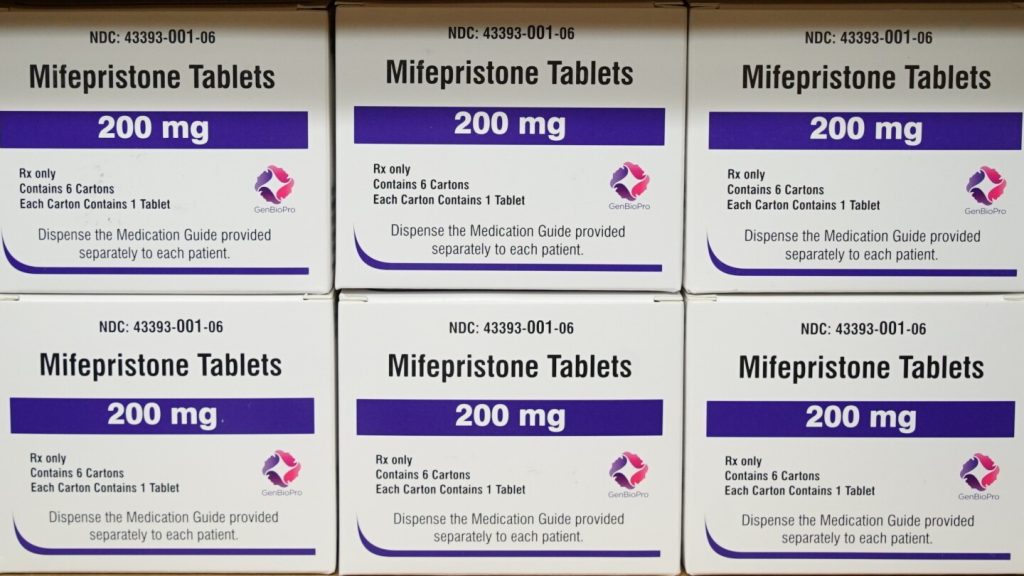Louisiana lawmakers have advanced a bill that would criminalize the possession of two abortion-inducing drugs without a prescription, causing concern among doctors who fear it could hinder patient care. The bill aims to reclassify mifepristone and misoprostol, with doctors warning that the legislation could create barriers to prescribing appropriate treatment and cause unnecessary fear and confusion among patients and healthcare providers. More than 200 doctors signed a letter opposing the measure, emphasizing the importance of maternal health in a state with high maternal mortality rates.
The U.S. FDA approved mifepristone in 2000 for ending pregnancy, along with misoprostol, but the pills also have other medical uses such as treating miscarriages, inducing labor, and preventing obstetric hemorrhaging. In March, the U.S. Supreme Court heard arguments from doctors opposed to abortion who seek to restrict access to mifepristone, but the justices did not appear ready to limit access to the drug. The reclassification in Louisiana is part of a bill that seeks to criminalize coerced criminal abortion by means of fraud, specifically targeting the unauthorized use of abortion-inducing medications without a pregnant person’s knowledge or consent.
Supporters of the reclassification argue that it would prevent unlawful use of the drugs and share personal stories to justify the need for the legislation. The amended bill would require doctors to hold specific licenses to prescribe mifepristone and misoprostol, as well as store the drugs in designated facilities that may be far from rural clinics, potentially causing delays in prescribing and obtaining the medications. Despite opposition and concerns raised by doctors, the bill passed in the Louisiana House with a 66-30 vote, emphasizing the state’s restrictive abortion laws that include a near-total ban on all forms of abortion except in cases of substantial risk to the mother’s life or “medically futile” pregnancies.
Louisiana is among 14 states enforcing bans on abortion at various stages of pregnancy, with limited exceptions allowed. While it is already a crime in Louisiana to be given medication to induce an abortion, recent data shows that women in states with abortion bans or restrictions are receiving abortion pills by mail from states with more permissive laws. The reclassification of mifepristone and misoprostol as Schedule IV drugs would require stricter regulations for prescribing and obtaining the medications, potentially impacting access to safe and timely abortion care in the state. The bill now heads to the Senate for further consideration, with concerns from healthcare providers about its potential effects on maternal health and patient care.


